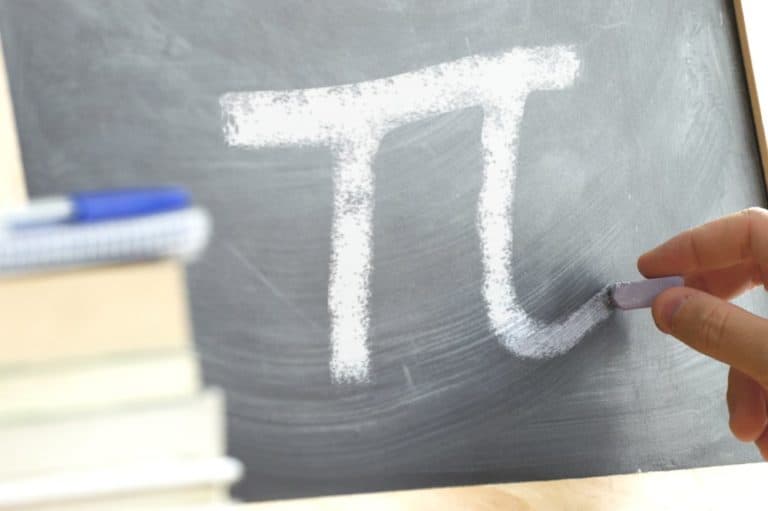It’s March 14th, international pi-day. Every year mathematicians and fans worldwide celebrate the mathematical constant ?, a number that was already used by the Egyptians four thousand years ago. Today, using the Google Cloud, a developer has been able to calculate no less than 31 trillion digits of pi – a world record.
This is the first time that someone has calculated so many decimal places using cloud computing pi. It concerns more than 31 trillion digits, 31.415.926.535.897 to be exact. The record was set by developer Emma Haruka Iwao and it took 121 days to complete the calculation. She used 25 virtual machines from the Google Cloud.
Rapid developments
Developments are going very fast. At the beginning of the twentieth century only five hundred numbers of pi were known. In 1985 Bill Gosper, an American mathematician and programmer, was able to calculate pi to sun 17.5 million decimal places. And years later, in 2016, Peter Trueb set the previous record at 22.4 trillion decimal places. The new record is almost ten million digits longer than the previous one.
Google Cloud developer Emma Haruka Iwao managed to break the record using the Google Cloud Compute Engine. This morning, in a blog, Google described how Iwao set that record. Previously, she worked with Daisuke Takahashi, associate professor at the Center for Computational Sciences at the University of Tsukuba. Together they set up an app y-cruncher, which released a calculation of 170 terabytes. By way of comparison, this is a dataset that is as large as the entire printed collection of the Library of Congress of the United States. After 121 days, the calculation was completed and it was possible to check whether it was correct; this turned out to be the case, with which Iwao was one of the few women who broke the record.
When I was a kid, I didn’t have access to supercomputers, Iwao-san started, but even if you don’t work for Google, you can sign up for all kinds of scholarships and programs to get access to computing power. I was lucky that there were Japanese world record holders I could identify with. And I’m very happy to be one of the few women in computer science to hold the record. I hope that I can show more people who want to work in the industry what is possible.
This news article was automatically translated from Dutch to give Techzine.eu a head start. All news articles after September 1, 2019 are written in native English and NOT translated. All our background stories are written in native English as well. For more information read our launch article.